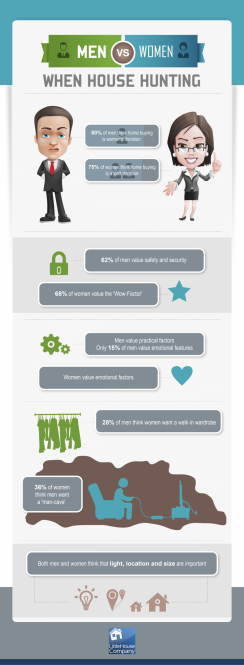A house is a family’s major investment, so it is important to check every corner and surface of a house you are planning to buy before closing a deal. Home inspections should also include garages, especially if you have multiple cars or are planning to convert the area into a workspace. When buying a house, get as much information of material importance from the owners or the real estate agent as you can. It is also important to know the right questions to ask so that you can make an informed decision.
If you are looking to buy or lease and apartment or a townhouse, find out if it is part of a unit title property governed by a body corporate. Request the seller to authorise the body corporate manager or secretary to provide you with full records and inform you if there are any problems such as leaks, or if there are any financial liabilities you have to be aware of.
Some houses may look all right when viewed from a photograph, but you really have to have a closer look to see the real deal. Basic home inspections should cover the following:
· Roof condition – check for rust, patching, and broken tiles
· Plumbing and water pressure – flush all toilets and check all showers and faucets to see if water is running properly
· Pests – home pests such as cockroaches, rats, and termites can cost a pretty penny to control and eradicate.
· Drainage systems – houses that have not been cleaned for a long time may have a blocked stormwater drain or sewer; check for signs of flooding especially in the basement if the house has one
· Leaking – some of the signs that there are leaks in the house are mould on internal walls and on the ceiling, visible water damage, and bulging walls and skirtings. The leak may come from the roof or from upper-floor balconies with poor water drainage. Use your nose to check for a musty smell, which indicates the presence of mould.
· Electrical wiring – it is extremely crucial to check the switchboard for any discolouration and damaged wires that have to be replaced before the house’s power outlets can be used
· Insulation – this includes the insulation panels under the floor, in the walls, and in the ceiling space
· Structure – natural disasters may have done damage to a house’s structure; to check, you can see if there are doors that are not closing properly and window sills that have tell-tale cracks on them.
· Heating – check the radiators for signs of leaking and rust, and make sure they work properly.
Learn as much as you can about the condition of house you’ve set your sights on, so you can identify the major and minor repairs that need to be done. By doing so, you can factor in the cost of the repairs with the price of the house—is it worth it, or will it cost you more to have it repaired? In this case, it may be more ideal for you to simply look for another house in better condition. After all, it’s your family who will be living in it.
Are you looking to buy property in UK ? Hurghada , Scotland , Istanbul , Sahl Hasheesh , Dubai
Are you looking to rent property in UK ? London , Manchester , Reading , Leeds , Cardiff
Residential Property for sale in London , Apartment for sale in London , Bungalow for sale in London , House for sale in London , Land for sale in London , Retail for sale in London , Semi-detached house for sale in London , Duplex for sale in London






Author
Carol McDonald